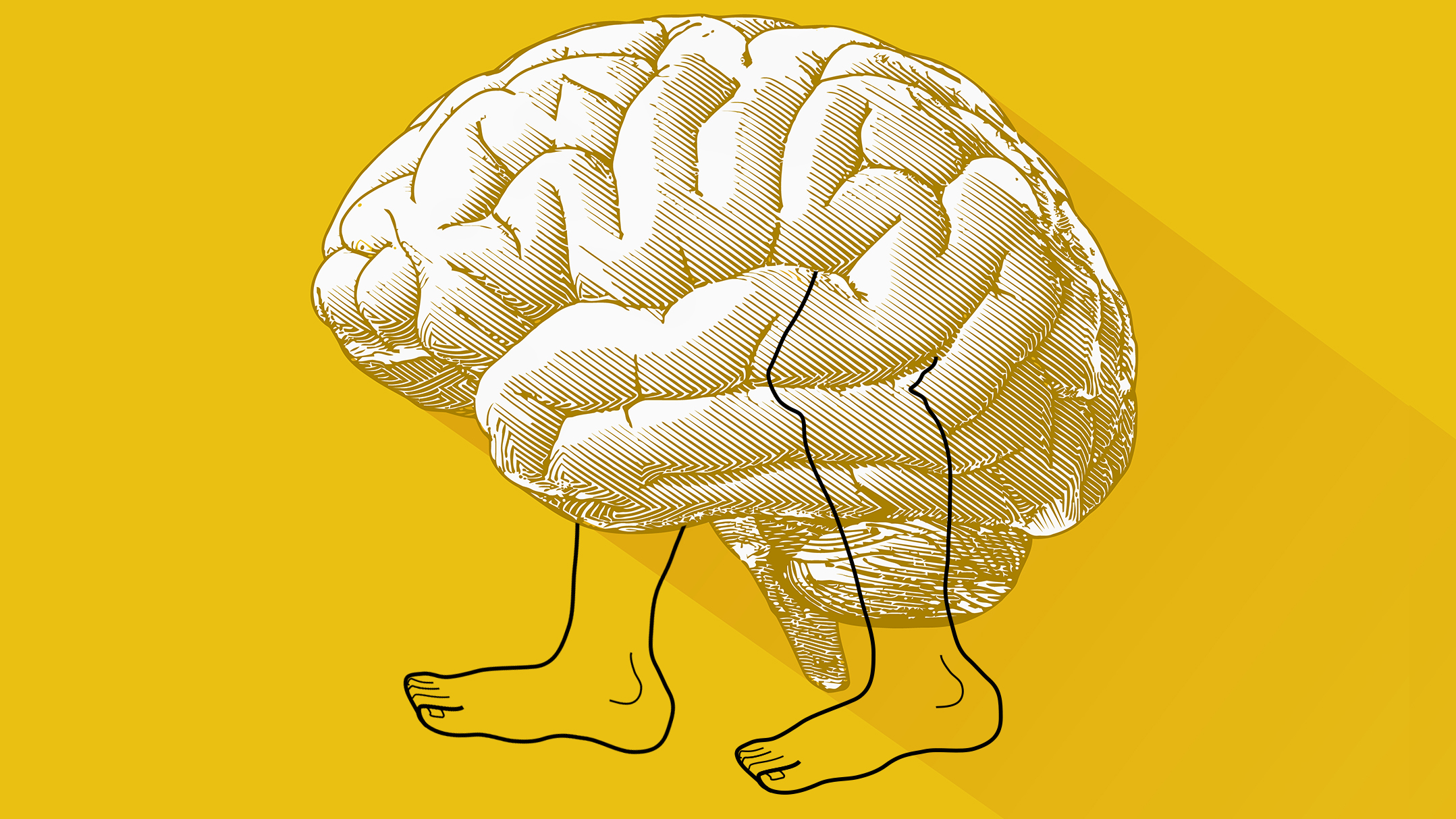Derek Beres
Derek Beres is a freelance writer. Based in Portland, Oregon, he has served in senior editorial positions at a number of tech companies and has years of experience in health, science, and music writing. He is the co-host of the Conspirituality podcast and co-author of Conspirituality: How New Age Conspiracies Became a Health Threat.

A new study shows that being (and remaining) overweight and having type 2 diabetes is neurological nightmare.
A new extension suggests that you follow people you don’t agree with. Will this help pop your bubble?
Research on five million runners shows that working out with a friend pushes you harder and longer.
Personifying certain drugs as evil while calling opioid users “victims” points a glaring spotlight on drug policies that aren’t really about public health.
Stanford University is offering medical trainees a real-time virtual tour through heart defects.
Luck doesn’t receive enough credit.
‘Deep learning’ AI should be able to explain its automated decision-making—but it can’t. And even its creators are lost on where to begin.
This could have potential therapeutic applications in anxiety and trauma.
A new study finds LSD — a Schedule I drug with “no medical value” — to be therapeutically beneficial.
Revenue from tattoo removal services have increased 440% over the last decade. How can we learn to live with regret?
In her new book, Eden Collinsworth investigates morals in a growingly diverse world.
There is one essential ingredient missing, argues historian Yuval Noah Harari.
The cognitive boost of taking testosterone supplements has not been substantiated — but let’s face it, most men aren’t seeking a better memory when popping testosterone pills.
Rachel Carson effectively stopped the usage of DDT. This has led to disastrous consequences, writes Paul Offit in his new book, Pandora’s Lab.
Virtual reality and psychedelics are paving new paths for treating mental health.
Does the thought of death make you anxious? A new study suggests that the fear of mortality isn’t really about the afterlife at all.
Guy Garcia tackles the future of technology in his new novel, Swarm.
In his new book, Atlantic senior editor Derek Thompson argues for more disfluent feeds in our social media diet.
“Shut up and take my money” isn’t just a meme anymore, it’s the way people are increasingly choosing to access art, news, and culture.
Percy Shelley’s 1811 essay, “The Necessity of Atheism,” still speaks volumes today.
New research shows that more Americans are giving up on weight loss. How can we change this trend?
A “new” field of medicine called chronotherapy demonstrates that following nature’s cycles, as our ancestors did, is integral to proper biological and cognitive function.
As John Hopkins, Duke, Yale, and others integrate yoga and acupuncture, will it harm or help patients?
Yuval Noah Harari warns that the constant pursuit of happiness is neurotic—and technology isn’t helping.
A spoonful of sugar has always made the medicine go down – but shouldn’t we be asking whether we need this type of medication in the first place?
Cognitive scientist Guy Claxton believes we should think of our entire body as our brain.
There’s only medicine that works and medicine that does not, writes Paul Offit.
If you think we’re talking about someone else, don’t be so hasty. One study highlights how the vast majority of people choose ignorance over knowing.
Pluripotent stems cells might be the key to creating reliable lab-grown meat.
Yale psychologist Paul Bloom suggests a bit of reason in your feeling in his new book, Against Empathy.





























